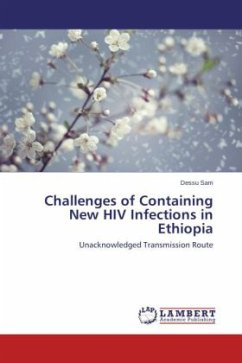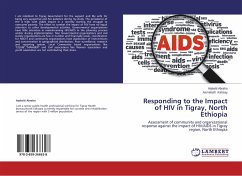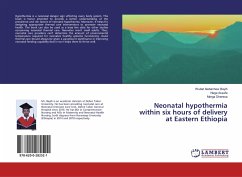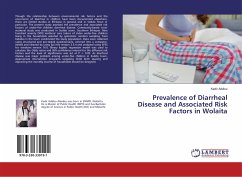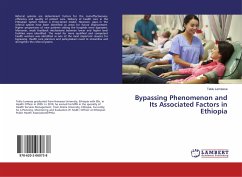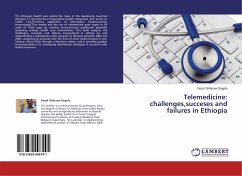Based on the Partnership Framework between the Government of Ethiopia and the U.S. Government signed in 2010, Ethiopia had set a national target of reducing new HIV infections by 50% by the end of 2014. Ethiopia is among countries most affected by HIV/AIDS epidemic. The International Labor Organization projection for 2015 indicates that as much as 8.5% of the Ethiopian labor force loss will be due to HIV/AIDS deaths. On the other hand, the national target does not fully take into account contextual factors; and development barriers due to the prevailing social, political and development policies of the country. For instance, participation of the private sector, independent civil societies and media in the development process has been severely curtailed. Ethiopia lacks a comprehensive strategy to fully address the issue of most-at-risk population as drivers of the HIV epidemic; and the HIV/AIDS response excludes Men who have sex with Men, a significant unacknowledged but fast growing transmission route of HIV. Contrary to the widespread public belief that homosexuality is not Ethiopian, there exists a flourishing underground male-sex trade in the capital Addis Ababa.
Bitte wählen Sie Ihr Anliegen aus.
Rechnungen
Retourenschein anfordern
Bestellstatus
Storno

